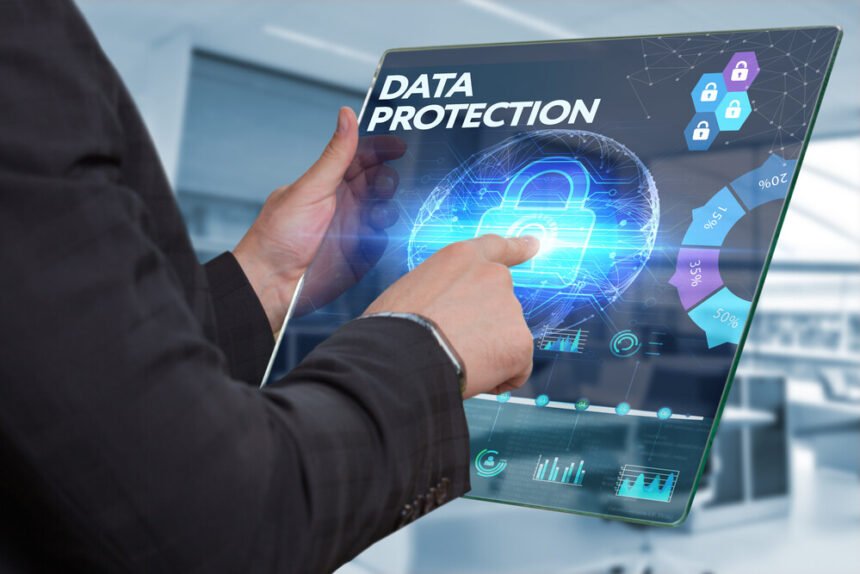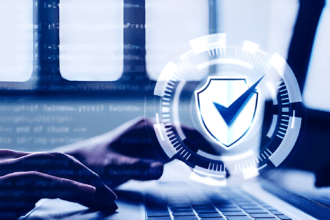Advancements in Internet technology have transformed human lives in wonderful ways. From the way we interact through social media to improving the workplace, technology has brought unprecedented changes in the 21st century that were unthinkable just a few decades ago.
However, technological advancement has also had its drawbacks. The internet has led to the loss of personal privacy for people that do not use endpoint protection platforms. This has left internet users vulnerable to hackers who intend to infiltrate and compromise their personal information. However, technology can also protect against cyber-attacks.
Over the last few years, cyberattacks have compromised some of the largest multinational corporations in the world. For instance, Sony was infiltrated through Yahoo’s security systems. This caused the tech giant to lose billions of dollars in outage time. There is no foolproof way to completely thwart such cybercrimes. The main reason for that is that the attacks are tested and designed to exploit the weakest links in the security system. Hackers often go for firms that are successful in online product promotion or anything that they see as a lucrative target.
In this article, we are going to highlight ways in which individuals and business organizations can store their data securely.
Have your IP address shielded
Any person or business entity who is serious about protecting their online identity from individuals who could compromise it, needs to have a system or software to shield their internet protocol address. Malicious software and websites can trace your online behavior through your IP address. These malicious systems collect your user data in the form of cookies, which are then shared among other sites that are possibly unscrupulous. You can protect your online identity by using systems like HMA. HMA is a protocol that is security-layered and was initially developed by Jack Cator in the year 2005.
Email set up
Any serious business should consider changing their email setup. Assume all web services and free email services, such as Gmail, are vulnerable to hackers. It is also critical to ensure that your organization’s emails are not housed on the same IT systems owned by large tech companies like Microsoft and Google. One of the challenges with these companies is that the metadata that is associated with the message can also reveal information. The message metadata cannot be encrypted as it is required by the routing system on the internet. Information stored by most system security service providers can also be accessed by governments without a warrant.
Sites like SelectMyHost offer a directory of secure, cloud-based server providers.
Cloud services
One of IT experts who worked for the National Security Agency, Edward Snowden, revealed a lot of information regarding snooping activities by the agency. The Snowden revelation showed that businesses and corporations should avoid all the cloud service providers that are based in the United States, United Kingdom, France and other allies of the US. They have been tolerant to snooping done by the NSA. These companies include iCloud, Dropbox, Evernote and many others. You have to assume that any data stored by cloud computing from these services is vulnerable to access by third parties.
Wireless services
It is critical that all the mobile devices that are used by your company staff and management have their bluetooth off by default. These devices may include tablets, business mobile systems, and smartphones. Avoid using public Wi-Fi as these may put you at risk of snoopers who are also using the open network. Also ensure that any site that you are browsing has HTTPS at the beginning of the address to confirm that data transmitted is encrypted and the identity of the site is genuine.
In conclusion, security requirements are constantly evolving. You can make great strides in securing your organization by teaching your teams about the four strategies outlined above.








